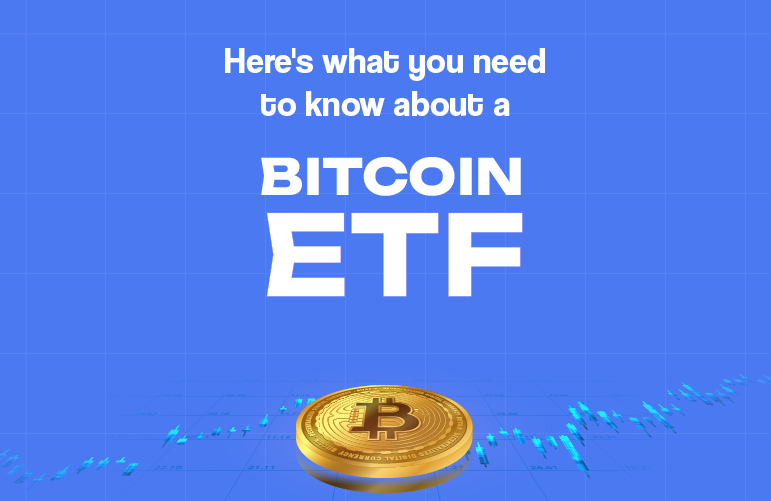The recent decision by the US Securities and Exchange Commission (SEC) to greenlight exchange-traded funds (ETFs) tracking Bitcoin prices marks a pivotal moment for the cryptocurrency industry. After more than a decade of attempts, the SEC’s approval has set the stage for significant developments.
Historical Struggles and Recent Shifts
The cryptocurrency sector has pursued Bitcoin ETFs since 2013, facing repeated rejections from the SEC over concerns about vulnerability to market manipulation. However, a recent court ruling in August challenged the SEC’s decision to reject Grayscale Investments’ Bitcoin ETF application, prompting a reevaluation of their stance.
Leading Asset Managers Enter the Fray
On Wednesday, the SEC approved applications from prominent names such as ARK Investments, BlackRock, and Fidelity, signalling a major breakthrough. These ETFs are set to be listed on Nasdaq, the New York Stock Exchange, and the Chicago Board Options Exchange (CBOE), with assets consisting of bitcoins acquired from crypto exchanges and safeguarded by custodians like Coinbase Global.
Key Features and Market Surveillance
The ETFs will track a Bitcoin benchmark, utilising indices provided by CF Benchmarks, a Kraken subsidiary. To address manipulation concerns, Nasdaq and CBOE have implemented a market surveillance mechanism in collaboration with Coinbase. Issuers plan to levy fees ranging from 0.20% to 0.8%, well below the average in the broader ETF market.
Spot Bitcoin ETFs vs. Direct Bitcoin Ownership
Spot Bitcoin ETFs offer investors exposure to Bitcoin’s price without the complexities and risks of direct ownership. This contrasts with the challenges of managing crypto wallets and accounts on exchanges, some of which have faced security breaches and controversies.
A Safer Avenue for Investors
Unlike the potential pitfalls of direct ownership, ETFs are traded on tightly-regulated stock exchanges, providing accessibility through existing brokerage accounts. This structure enhances Bitcoin’s accessibility for institutional investors, some of whom face restrictions in investing directly in alternative assets.
Distinguishing from Bitcoin Futures ETFs
While the SEC approved Bitcoin futures ETFs in 2021, spot Bitcoin ETFs differ by precisely tracking price movements. This stands in contrast to futures ETFs, where the costs of rolling over contracts can impact returns, making them less appealing to many investors.
Global Impact: US vs. Canada and Europe
While Canada and Europe already host spot Bitcoin ETFs, the approval in the United States, the world’s largest capital market, holds immense significance. The entry of major US asset managers and institutional investors into this space could reshape the cryptocurrency landscape.
Potential Market Impact and Industry Legitimacy
After closing with $4.9 Billion in volume on the first day of trading, the estimated potential for the upcoming months is $55 billion. Beyond monetary considerations, the approval of a spot Bitcoin ETF is a monumental victory for the crypto industry. It not only bolsters the industry’s legitimacy but also propels Bitcoin further into the mainstream, marking a significant win in the ongoing tussle between the crypto industry and the SEC.

